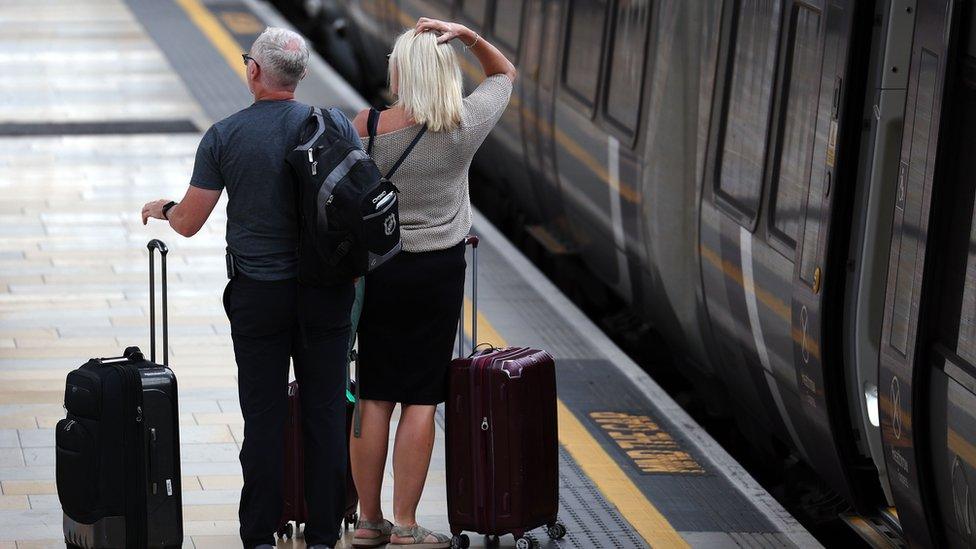Train strikes could continue into Christmas, as fresh disruption begins
- Published
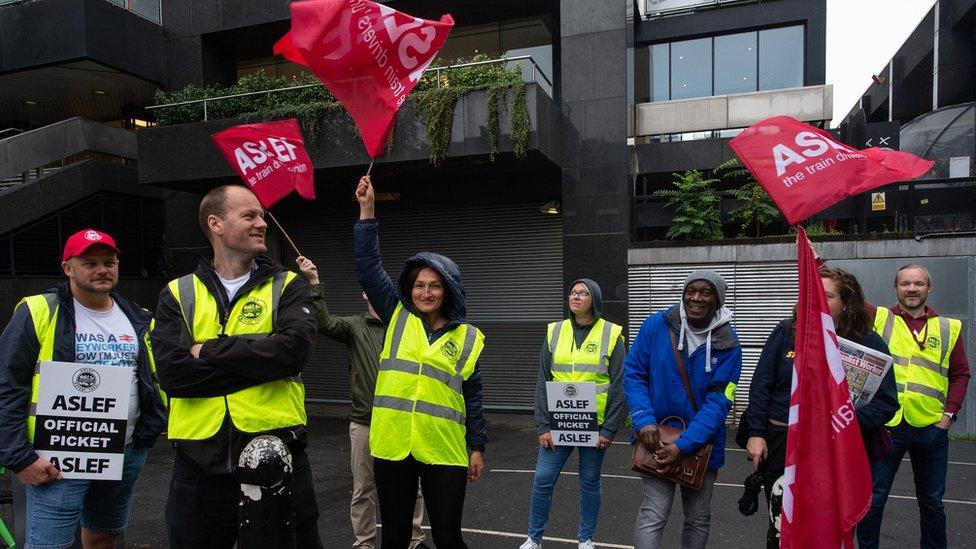
Members of Aslef were on strike on 1 September at Euston station, London
The leader of the train drivers' union has not ruled out strike action continuing into the Christmas period.
Aslef's Mick Whelan told the BBC he did not believe the government or industry wanted a resolution.
A fresh wave of industrial action begins on Friday in Aslef's long-running pay dispute, including strikes and an overtime ban.
The Rail Delivery Group, which represents the train companies, said its offer remained on the table.
More than a dozen train companies will be affected by strike action on Saturday, and on Wednesday, 4 October.
The dates bookend the Conservative party conference in Manchester.
The impact will be severe, with most of the operators involved running no services at all. Passengers have been urged to check before travelling.
In addition, thousands of drivers will turn down overtime on Friday, and again from Monday until Friday next week, causing some cancellations.

How will train services be affected?
Aslef is carrying out an overtime ban for drivers on Friday, 29 September and for five days from Monday, 2 October to Friday, 6 October.
On overtime ban days, there are likely to be some last-minute cancellations or timetable reductions. Passengers are advised to check before they travel.
Aslef members are also striking on Saturday, 30 September and Wednesday, 4 October.
Workers at 16 train companies are taking part in these strikes and many of the affected operators run no services at all on strike days.

It is the latest industrial action in a long and increasingly bitter standoff between the train companies.
The government controls what is on the table in negotiations.
Kate Nicholls, chief executive of trade body UK Hospitality, estimates that strike disruption has already cost pubs, restaurants, cafes and other venues £3.5bn in lost sales.
She said there was "significant concern throughout hospitality about the prospect of strikes disrupting the crucial festive period, which generates a substantial portion of the sector's annual revenue", and urged all sides to get back round the table as a matter of urgency.
Aslef rejected proposals in April, which involved pay rises of 4% two years in a row, in exchange for changes to ways of working.
The union has argued drivers are being asked to sacrifice their working conditions in exchange for a below-inflation pay rise.
But the Rail Delivery Group has described the offer as reasonable, claiming that it would bring average driver salaries from £60,000 to £65,000.
The Department for Transport said the package is "fair and reasonable". A spokesperson said: "Aslef's leaders won't put this offer to their members and instead continue to strike - damaging their own industry in the process."
Around the turn of the year, ministers met with the leaders of Aslef and the RMT, which has also been involved in a series of strikes since last summer.
However, this did not herald a resolution to the disputes with the train companies, despite signallers and maintenance workers at Network Rail accepting a deal in March.
Aslef's Mick Whelan, who has previously warned industrial action could escalate, said there had been no contact from ministers since January, and none with the employers' group since the spring.
He said the union was willing to talk, but "no-one's interested, they don't want a resolution". Mr Whelan added that he thought the train companies - who are generally paid fixed fees to run services - had no incentive, and the government wanted to put rail in to "managed decline".
Asked if industrial action would carry on into the Christmas period, he said: "I can't write anything off. We've been doing this [for] 16 months, stopping now is not an option."
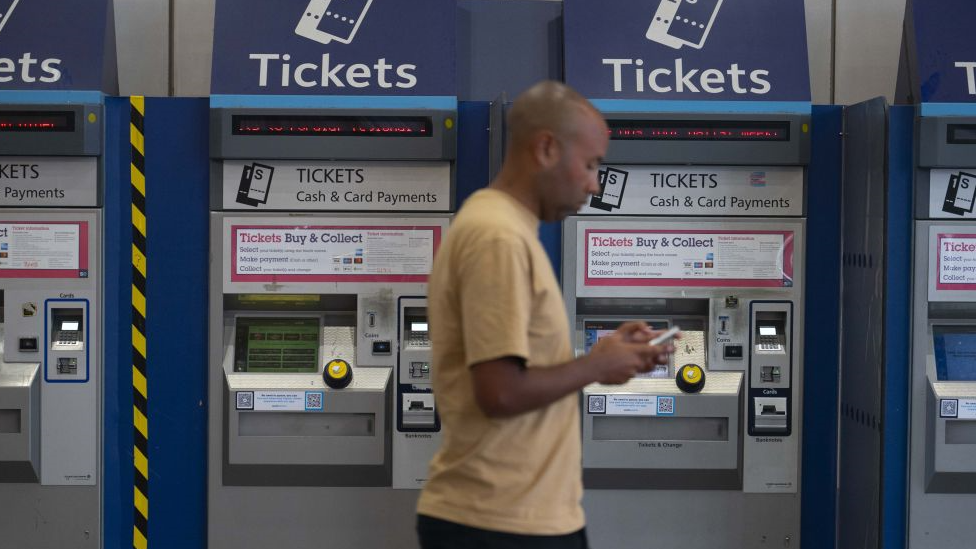
A spokesperson for the Rail Delivery Group said: "We want to resolve this dispute and are acutely aware of the damaging impact it's having on our passengers, our people and the long-term sustainability of the industry itself".
"We are always open to constructive dialogue" they said, but "at a time when the industry is losing £10m a day post Covid, the union's leadership must recognise the need to make changes to how the sector is run, to both fund any pay rise and, crucially, so we can give our passengers more reliable train services, particularly on Sundays."
There are currently no further strikes scheduled by rail workers in the RMT union in their separate dispute over pay, job security and working conditions. However, preparations for a fresh strike ballot have already begun.
There have been recent meetings between the RMT and the Rail Delivery Group, but the BBC understands there has not been any significant progress.
Union leaders have said proposals to close hundreds of ticket offices in England have added to their members' anger. Passenger watchdogs are currently assessing the record number of responses to a public consultation in to the changes.
Separately, London Underground staff also intend their next strike by RMT workers on 4 and 6 October.
Several industries have taken strike action since summer 2022, including nursing, Border Force staff, doctors and driving instructors. Major demands of staff walking out include improved terms and conditions, and for wages to rise in line with rising costs of living, which are running at near-record highs.

How are you affected by the issues in this story? Email haveyoursay@bbc.co.uk, external.
Please include a contact number if you are willing to speak to a BBC journalist. You can also get in touch in the following ways:
WhatsApp: +44 7756 165803
Tweet: @BBC_HaveYourSay, external
Please read our terms & conditions and privacy policy
If you are reading this page and can't see the form you will need to visit the mobile version of the BBC website to submit your question or comment or you can email us at HaveYourSay@bbc.co.uk, external. Please include your name, age and location with any submission.
Related topics
- Published9 May 2024

- Published20 September 2023
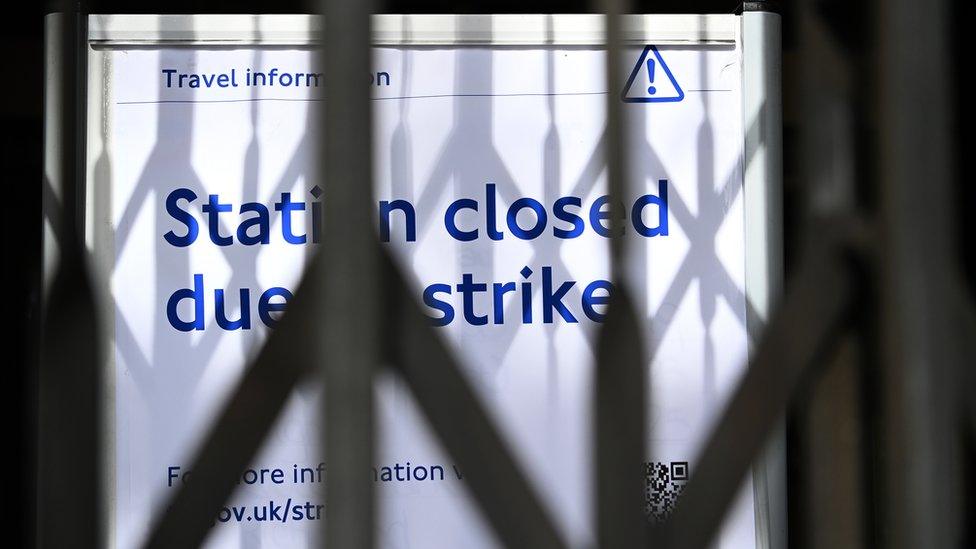
- Published29 August 2023
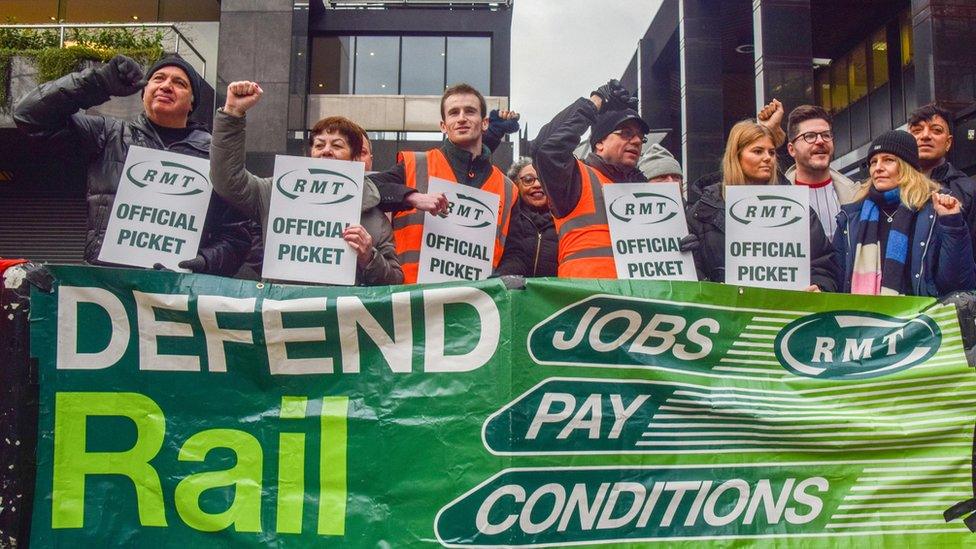
- Published15 September 2023
